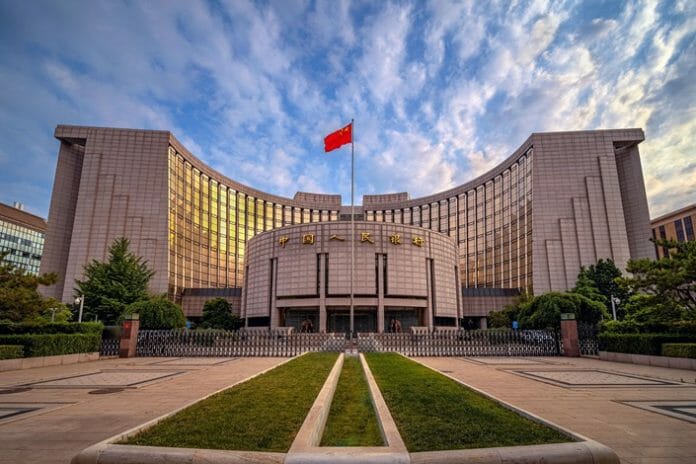Despite some volatility after China’s onshore bond traders were cut off from pricing services (Mar 15 – 17) amid tighter regulation, demand for CGBs remained robust in March. The bond market was buoyed by the PBoC’s surprise move to cut the reserve requirement ratio by 25 bps, injecting additional liquidity into the banking system and providing further support to China’s economic recovery, which has been somewhat slow to take off.
Chinese sovereigns may see sustained foreign demand as investors seek to diversify their portfolios into Emerging Markets
amid uncertain financial conditions in the US and Europe. Likewise, investors could be attracted to China’s improving growth
outlook, after its services PMI jumped to a 12-year high in March (55.1; Feb: 51.5). However, the bond market’s upside potential may be partly limited by a domestic shift towards riskier assets.
Japan Government Bonds (JGB)
JGBs benefitted from safe-haven demand in March amid the banking crises in the West. Investors may have been driven by
concerns of contagion, which curbed their expectations about the BoJ’s ability to abandon its Yield Curve Control (YCC) policy; prospects for monetary policy normalisation also eased.
JGB yields may return to an uptrend in April, with the 10Y JGB likely to retest the upper limit of the YCC target band as global financial worries subside. Moreover, we still expect the BoJ to at least widen the target band by another 25 bps in 2H23. However, prospects of a rate hike remain dependant on sustained underlying price pressures in Japan, which have been complicated by a softer Core Inflation Rate for February (3.1% YoY; Jan: 4.2%).
Indonesia Government Bonds (IGB)
In March, IGB yields trended lower as Asian government bonds broadly strengthened amid spillover effects from the Western
banking crises. Indonesian bonds continued to offer some of the world’s most attractive yields and experienced sustained foreign inflows, especially as expectations of further US Fed rate hikes had been dashed.
IGB yields are expected to continue declining throughout this year, partly steered by falling global bond yields and given that Bank Indonesia has completed its tightening cycle. That said, the downtrend will likely be restricted due to an anticipated increase in government bonds issuances in 2023.
Thailand Government Bonds (TGB) TGB yields fell in March on decent foreign demand and in anticipation of the Bank of Thailand’s (BoT) monetary policy meeting (Mar 29), with markets looking for hints that the central bank would pause hikes. However, yields turned higher immediately after the BoT raised the repo rate by 25 bps and signalled that further rate hikes remained on the cards, amid Thailand’s better growth outlook and upside risks to inflation.
In April, Kenanga said it reckons TGB yields will trend higher as markets price in a potential terminal rate of 2.00%. Furthermore, it said it expects foreign demand to temper ahead of the Thai general election (May 14), with recent polls suggesting a closer race than initially anticipated, elevating the risk of domestic political instability.









